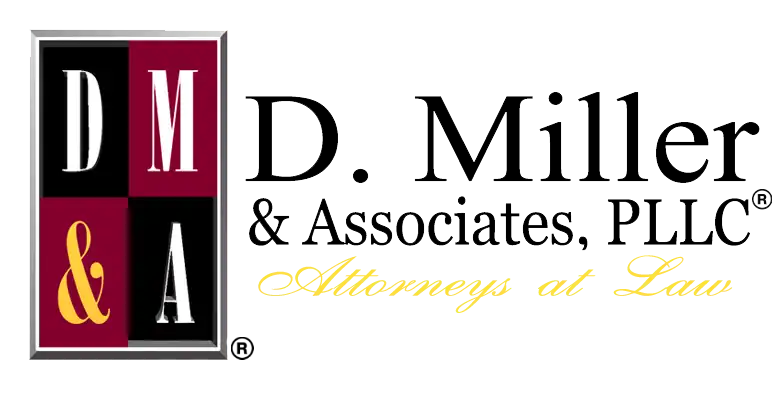Personal injury refers to any instance in which a victim suffers physical, mental, or emotional injuries as the result of someone else’s negligence or unlawful behavior, including slip and fall cases. While slip and falls amount to personal injury, the type of personal injury case depends on the location, circumstances, and outcome of the injury.
Slips and falls can happen anywhere, and victims may qualify for financial awards if their injury occurred in a:
- Retail store or shopping center
- Office or workplace
- Public area
- Government building
- Privately owned business
- Private residential property
- Nursing home
Victims who suffer injuries or lose loved ones due to slips and falls may file a legal claim against the responsible party, and an attorney can help them navigate the process.
The Types of Slip and Fall Personal Injury Cases
According to the Centers for Disease Control and Prevention (CDC), falls hospitalize approximately 800,000 people in the U.S. each year. While anyone can have a dangerous fall, people over age 65 suffer more severe injuries and fatalities than those in younger age groups. In many cases, victims experience preventable falls because of someone else’s failure to provide appropriate safety measures.
While slip and falls make up one of the many types of personal injury cases, specific types of slip and fall cases exist, as well. The type of slip and fall claim a victim or their lawyer may pursue depends on the cause of the accident, where it occurred, and the extent of its effect on the victim.
Premises Liability
As a general rule, slip and fall claims fall under a type of personal injury known as premises liability, in which an owner or person designated to keep a property reasonably safe fails to do so, resulting in an injury. Specific laws regarding premises liability vary by state.
Victims may seek financial recovery in a premises liability case if their accident occurred on private property, such as at a person’s residence or a privately-owned business. Premises liability laws also provide legal protections for victims who suffer injuries on public property, including parks, sidewalks, libraries, and government buildings.
Nursing Home Abuse or Neglect
The National Institute on Aging (NIA) reports that more than a third of people over age 65 experience a fall each year. Falls can cause fatal injuries, especially for the elderly. Industrial Safety & Hygiene News adds that, even in the workplace, more falls occur at ground level than from a height.
When slip and fall cases occur in a nursing home, the victims’ families may hold the nursing home or caregiver liable for the accident if they failed to prevent the fall through following the standard of care. The family must prove that the person acted negligently or willfully in preventing the accident that led to the injury of their loved one to pursue their case.
Establishing Liability in a Slip and Fall Case
The legal system has a complex method for establishing fault in slip and fall cases, and victims and their families may find it difficult to navigate the process on their own. A lawyer can help them during their difficult time by taking the necessary steps to prove liability, which may include evidence that the property owner or other person responsible for maintaining the property:
- Knew of the hazard as it would have appeared obvious to any reasonable person in their position
- Knew about the problem but did not take steps to resolve it
- Caused the dangerous condition that led to the accident
Types of Financial Awards for Slip and Fall Cases
Slip and fall accidents can result in many kinds of injuries that affect both the victims and their families. While the types and amounts of damages they qualify for depend on the specific circumstances of their case, they may include financial recovery for:
- Emergency medical care, follow-up appointments, and rehabilitation costs
- Lost wages due to inability to work or the loss of future wages if the victim suffers fatal or permanent injuries
- Pain and suffering or mental anguish for the emotional trauma of the accident and its consequences
- Loss of consortium, also known as loss of companionship, if an individual loses their spouse due to a fatal fall
- Funeral and burial expenses for deceased victims
An Attorney Can Help Victims File a Claim
Victims and their families often feel intimidated by the process of filing a slip and fall claim because of their detailed requirements. However, they do not have to face the legal system alone. The attorneys at D. Miller & Associates, PLLC™ can help those who have suffered injuries or lost a loved one in a slip and fall accident prove liability and seek the justice and financial awards they deserve. Contact us at (713) 850-8600 to discuss your case with us.

